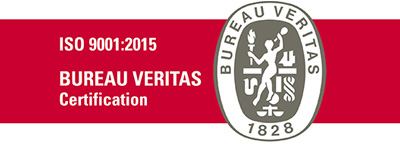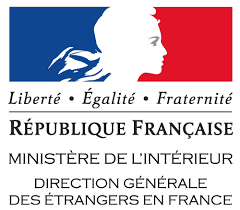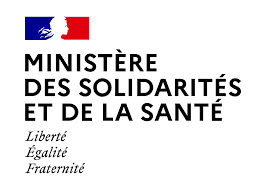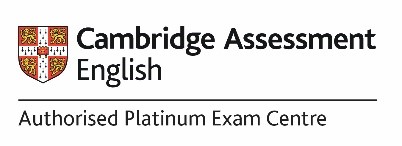English translation
English is Indo-European Germanic language of the Anglo-Frisian group originating from England; its roots may be traced back to languages of northern Europe, the vocabulary of which had been enriched and the syntax and grammar had been modified by Anglo-Norman variety of French, brought by the Normans, and later – by French language. Thus, the English language comprises about 29% of words of Norman and French origin. It is the official language of at least 53 countries around the world.
Spoken by 1.6 billion people around the world, English is perhaps the most learned and one of the most widely spoken languages in the world. No wonder that it has been attributed the myth of being the easiest language in the world.
The English language is characterized by almost total lack of grammatical gender. It is widely known that English language hardly marks the grammatical gender, with the exception of the pronouns ”he” and ”she”, and this fact represents a real curiosity, because Indo-European languages are generally characterised by two or three genders (male, female and neutral).
Another characteristic of the English is an extremely refined system of conjugation. Once the complexity of irregular verbs is overcome, adding the unique ”-s” in the third person singular will allow you to easily conjugate the majority of English verbs. Here we are free from such difficulties as verbal groups, person-specific forms or root modifications.
On the other hand, the English language has a potentially confusing grammar, especially for French people. The passive voice, omission of an action performer, avoiding verb substantivization when using an -ing ending or the use of the terms ”do”, ”make”, ”have,” which require more complicated constructions, encourage writing directly in English to avoid the use of an obscure ”technospeak.”
- Reactivity
- Optimal quality
- Absolute confidentiality in the realization of your projects
 AFTCom is an ISO 9001: 2015 certified agency; the certificate registered under the number FR061595-1 has been issued by Bureau Veritas
AFTCom is an ISO 9001: 2015 certified agency; the certificate registered under the number FR061595-1 has been issued by Bureau Veritas 













